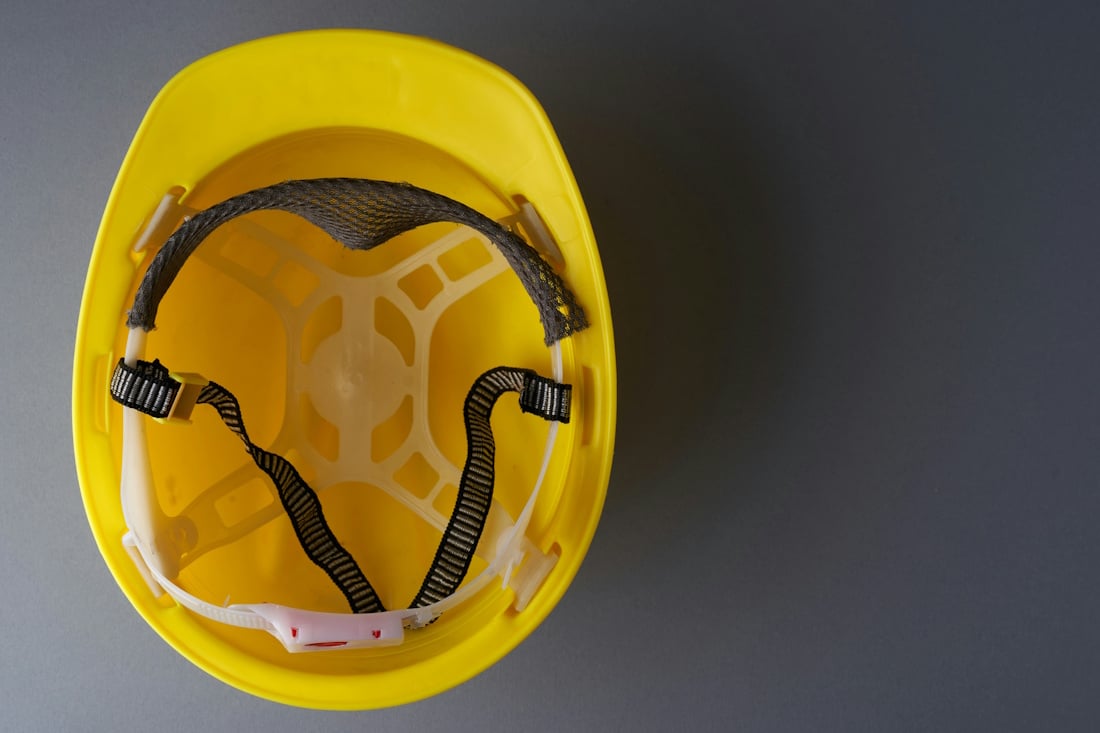A normal deposit for a traditional leased space is equivalent to 3 to 6 months’ rent, whereas a deposit for a flexible workspace (serviced office) is equivalent to 2 to 3 months’ rent.
But what exactly is a deposit, and why does it vary between leased spaces and serviced offices? This article will help you understand deposits for renting office space and guide you in making the right choice for your business.
What Is an Office Space Deposit?
An office space deposit is an upfront payment which is used to secure a workspace. The deposit also serves as protection for landlords against potential damages, unexpected costs or unpaid rent.
Comparing Leased and Serviced Office Deposits
Leased Offices
Deposit Amount: The equivalent of 3 to 6 months’ rent.
Lease Length and Terms: The lease length is often longer than that of a serviced office, ranging from 2 years to 10 years or more. Due to the period of the lease, the contract often clearly outlines responsibilities for repairs and maintenance.
Flexibility: Terms for leased space are generally less flexible, as the contracts are longer-term and usually outlined at the start of the tenancy.
Refunds: The deposit is typically refunded at the end of the lease, subject to the condition of the office and the resolution of any outstanding payments.
Financial Risk: The financial risk is higher for both the tenant and the landlord due to the longer lease terms. There is also the potential for changes in the tenant’s financial stability and possible fluctuations in the market.

Serviced Offices
Deposit Amount: The equivalent of 2 to 3 months’ rent.
License Length and Terms: Flexible workspaces can be rented for up to 24 months on a flexible basis. The simplified contracts include maintenance, utilities and other services such as meeting room access.
 Flexibility: Serviced office contracts are more flexible, as they are typically shorter and often from 6 to 24 months.
Flexibility: Serviced office contracts are more flexible, as they are typically shorter and often from 6 to 24 months.
Refunds: Provided the terms of the agreement are met and rent payments are up to date, the deposit will usually be refunded.
Financial Risk: The financial risk is lower for both parties as the contracts are short-term and pricing is all-inclusive, reducing the risk of unexpected payments for the tenants.
Common Misunderstandings About Office Deposits
When renting office space, businesses often misunderstand how the deposits work. Here is a list of common misconceptions that we have clarified for you.
“The deposit covers all damages.”
Many businesses renting office space automatically assume that the deposit will cover any damage. However, if excessive wear and tear or additional damage is caused to the workspace, this may be charged separately.
“I'll receive my deposit immediately after moving out.”
It is very rare for deposits to be returned immediately. Landlords or serviced office providers usually require a few weeks to thoroughly inspect the condition of the space and process the refund.
"Deposits can be used for the last month's rent."
Quite often, tenants mistakenly believe that they can use their deposit to cover their final rent payments. Deposits are meant to secure the workspace rather than for rent payments. In some cases, trying to pay your rent with a deposit may delay the refund process and even breach your contract.
“The landlord must keep deposits in a separate account.”
Commercial landlords and flexspace providers aren’t required to keep deposits in a separate account, which can affect the ease of refunds in some situations.
"Deposits are negotiable after signing the lease."
Landlords typically don’t adjust their deposit terms after a contract has been signed, so renegotiating a deposit may not always be possible.
Ensuring a Smooth Deposit Refund
• Take clear photographs of the office at the start and end of your tenancy.
• If you’re in a leased space, ensure you schedule regular maintenance checks.

• If any maintenance issues arise within the office, communicate with your landlord or serviced office provider as soon as possible.
• Give adequate notice when moving out. The notice period should be clearly stated in your contract.
• Confirm the process for returning keys or key cards.

• Request written confirmation of when your deposit will be returned.
FAQ
What is a typical deposit for office space in London?
Traditional leased space requires the equivalent of 3 to 6 months' rent, whilst flexible workspaces in London require the equivalent of 2 to 3 months' rent.
Can you rent office space without a deposit?
Landlords or serviced office providers rarely waive a deposit. However, some serviced office providers, especially in competitive London areas like Soho or Mayfair, may offer rent-free periods or discounts, easing any potential financial strain.
Are office space deposits refundable?
Yes. Regardless of whether you’re renting a leased space or a serviced office, the deposit is usually refundable, provided the terms of the contract are met.
How long do you have to wait for the deposit to be refunded?
A few weeks from the date of moving out. This will be outlined in your contract and will vary depending on the individual flexspace providers and landlords.
It is important to understand the difference between deposits for leased and flexible workspaces. Due to longer commitments, traditional leased spaces generally require higher deposits, whereas serviced offices typically have shorter contracts and lower deposits.
Assessing your business requirements will help you ensure that you select the most financially suitable option.







